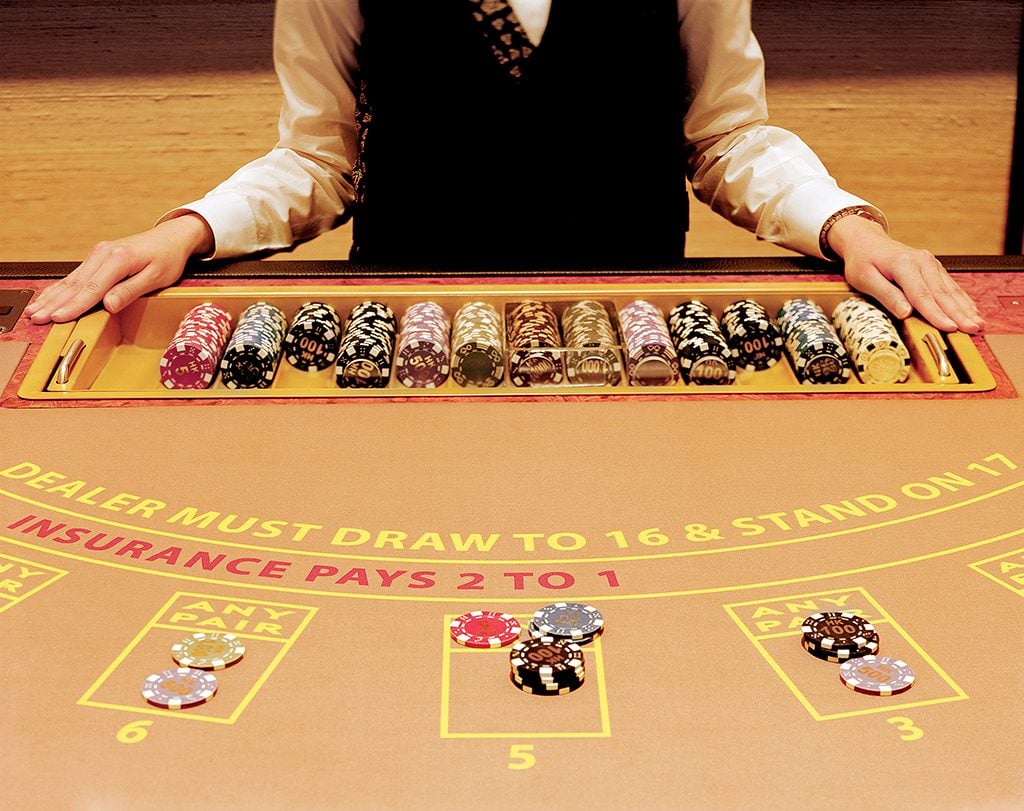
Gambling games have enthralled players throughout history, evolving from basic recreational activities to sophisticated forms of entertainment that blend chance, skill, and entertainment. From the ancient roots of gambling in cultures like ancient Mesopotamia and Rome to the glitzy corridors of contemporary casinos, the journey of these games reveals much about our nature and our relationship with chance. Okwintv As cultures blended and technological advancements have occurred, casino games have evolved, mirroring shifts in society and developments in gameplay.
The primitive versions of gambling likely featured simple games involving dice and wagering on the results of sporting events. Over time, these early games grew into more structured games like playing card games, roulette, and the variety of one-armed bandits that line the floors of casinos today. Each era brought its unique rules, aesthetics, and social relevance. In the current era, casino games continue to evolve with the rise of digital gaming platforms, enabling players from everywhere to join in a shared experience, further merging the traditional with the age of technology.
Early Beginnings of Gaming Games
Casino activities have foundations that extend back to old civilizations, where wagering was deeply integrated in cultural practices and cultural rituals. The earliest known forms of betting appeared in Mesopotamia around 3000 BC, featuring simple die games made from bone bones. These early activities laid the groundwork for more complex gambling activities, showing humans’ instinctive desire to find wealth and amusement through chance.
As societies progressed, so did their gambling pursuits. In early China, around 2300 BC, tiles were unearthed that resembled early basic forms of a lottery game game. More organized instances of gambling arose in the ancient Roman civilization, where activities of chance were a common pastime, often occurring in community events. The Romans developed multiple betting activities, which included die and table games, illustrating the pervasive nature of betting across different economic classes.
With the movement of time, these primitive games influenced the development of contemporary casino activities. Bảng xếp hạng bóng đá In the medieval period, playing card games emerged prevalent in European culture, paving the way for the professional gaming venues we know today. The shift from informal gambling to organized gambling in pubs and private houses marked a significant shift in how people interacted with activities of luck, leading to the eventual establishment of gaming houses as dedicated venues for gambling.
The Growth of Contemporary Gambling Industry
The final 20th century marked a pivotal transition in the field of gambling games, driven by technological progress and shifts in cultural attitudes towards gambling. The emergence of computers and the World Wide Web altered the way players engaged with their favorite games. Online casinos emerged, enabling gamers to enjoy classic casino classics like poker and 21 from the convenience of their houses. This new digital landscape not only broadened availability to casino games but also attracted a younger audience who found the comfort and diversity tempting.
As digital gambling gained traction, so did developments in casino tech. The development of sophisticated programs and graphics converted conventional gambling games into immersive experiences. Players could now interact with live dealers through live feeds, importing the atmosphere of physical casinos directly into their living rooms. This fusion of in-person play with online platforms created a novel combination that boosted the community element of gambling, allowing it possible for individuals to connect and challenge with others around the planet.
Moreover, the rise of mobile gaming substantially changed the casino landscape. With the ubiquitous use of smartphones and touch devices, players can play their favorite casino games at any location, at any time. Mobile applications offer a wide selection of options customized for mobile screens, catering to the fast-paced lifestyle of modern users. This easy access has led to increased participation in gambling, contributing to the rapid expansion of the gambling sector. As a result, the prospects of gambling continues to evolve, responding to new technologies and shifting consumer preferences.
The Impact of Technology on Casino Games
The evolution of technology has greatly changed casino games, improving the overall gaming experience for players around the world. With the introduction of the internet, online casinos were created, allowing players to enjoy their favorite games from the safety of their own homes. This change not only made casino games more available but also increased the variety of games available, as online platforms could host numerous variations of traditional games without the physical constraints of physical casinos.
Mobile technology further transformed the casino gaming landscape. With the proliferation, players can to engage in casino games whenever and wherever they want. This mobility has led to the creation of dedicated mobile applications and optimized websites that offer smooth gaming experiences. Additionally, innovations such as live dealer games have brought the genuine feel of a casino into players’ homes, connecting between physical and online gaming.
Moreover, advancements in artificial intelligence and VR are paving the way for the next generation of casino games. AI enhances game design and player interaction, creating tailored experiences based on user behavior and preferences. Meanwhile, virtual reality provides immersive environments where players can interact in a virtual casino environment, making the gaming experience more engaging and realistic. As technology continues to evolve, the future of casino games looks promising, filled with limitless opportunities for innovation and entertainment.